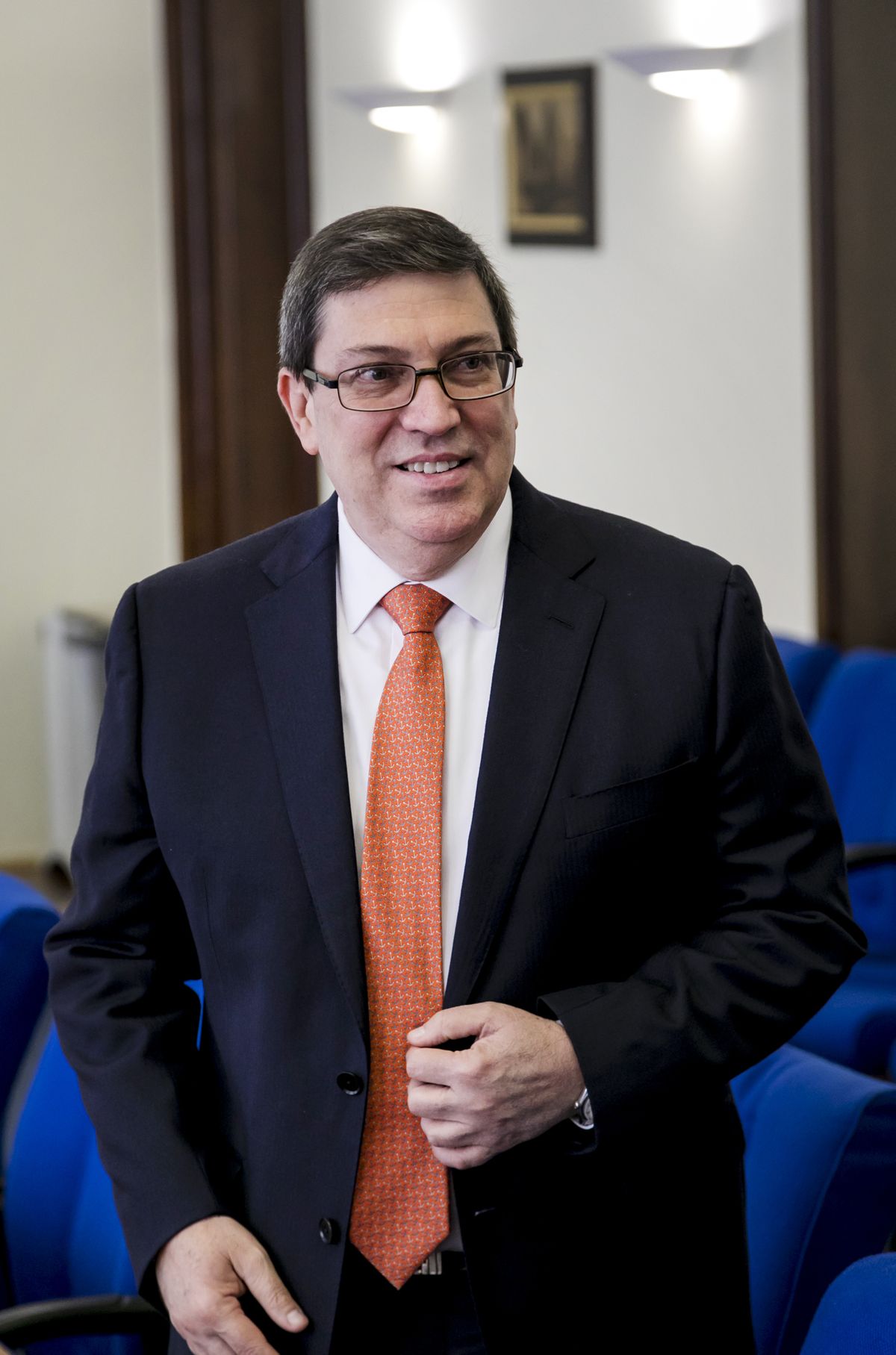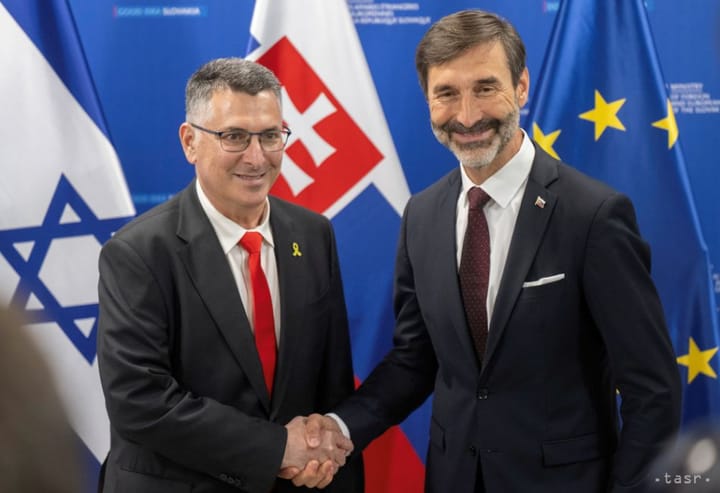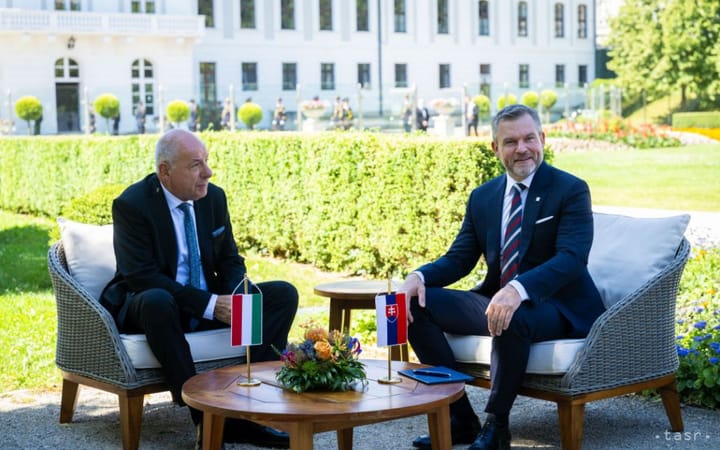Cuban Minister: Slovakia One of Pioneers in Boosting Cuba-EU Relations

Bratislava, June 21 (TASR) – Slovak-Cuban relations have had an excellent dynamic in recent years, having been even boosted by the “historical visit” of Prime Minister Robert Fico (Smer-SD) in Cuba in October 2015, Cuban Foreign Affairs Minister Bruno Rodriguez Parrilla has told TASR in an exclusive interview.
“There are further prospects and potential. Conditions for that are fertile, as we’re building on traditionally friendly relations, while we’re also countries with comparable dimensions and economies that could function as complementary,” said the Cuban chief diplomat.
“We share priorities in energy, the pharmaceutical industry, biotechnologies, tourism, industry, agriculture, water management and the packaging industry,” he enumerated.
Slovakia, as the presiding country of the EU Council in the second half of 2016, played a “very important” role in finalising the Political Dialogue and Cooperation Agreement between the EU and Cuba, signed towards the end of the Slovak presidency, said Bruno Rodriguez, praising also France, which provided the first impetus to the process as the EU presiding country in 2008. Nonetheless, Slovakia even before its presidency was one of the EU’s “pioneers” in promoting the improvement of Cuba-EU relations, stressed the Cuban minister.
“Relations between Cuba and the EU were also good before, but this agreement has aided the normalisation of these relations even more. However, 19 EU-member countries also prior to that had considered the common EU position towards Cuba as obsolete,” said Bruno Rodriguez.
“These countries signed with Cuba bilateral agreements, which stipulated things absolutely contradictory to the common position from 1996. For example, Belgium has never operated according to the common position,” he said, noting that the EU’s common position was agreed on in Madrid in 1996 within 72 hours at a meeting of finance ministers under the government of then Spanish prime minister Jose Maria Aznar.
“Why they were in such a hurry and why it was the business of finance ministers to make statements on such matters? This would be a good question for the then prime minister Aznar,” stated the Cuban minister, adding that internal disputes on policies towards Cuba began emerging in the EU by 2000. This resulted in the fact that the common position towards Cuba has in fact never been “instrumentalised”, added Bruno Rodriguez Parrilla.



